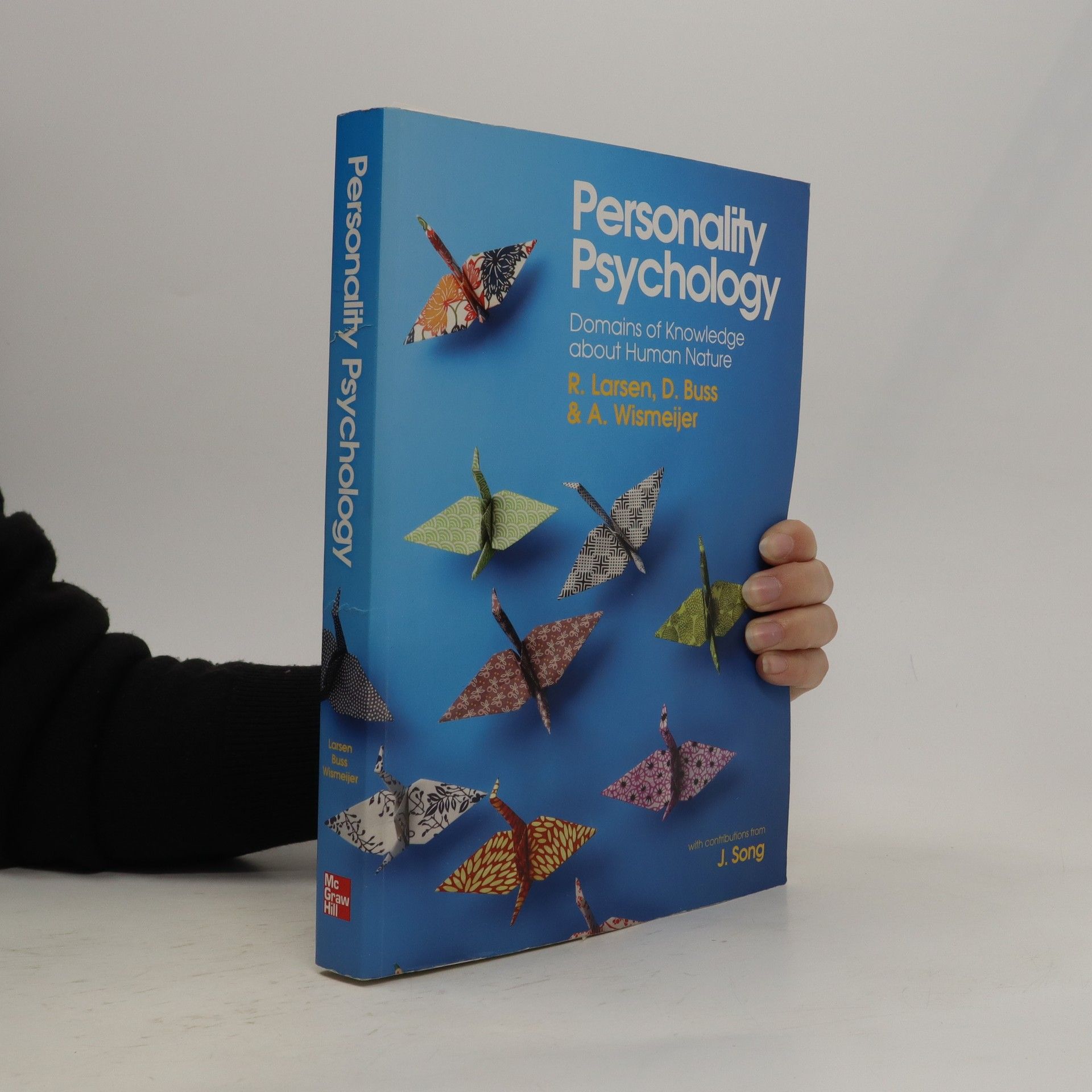Personality Psychology: Domains of Knowledge About Human Nature ISE
- 768 Seiten
- 27 Lesestunden
Focusing on the multifaceted nature of human personality, this edition presents a framework based on six domains of knowledge rather than traditional grand theories. These domains—dispositional, biological, intrapsychic, cognitive-experiential, societal and cultural, and adjustment—organize key theories effectively. The text emphasizes the significant roles of culture, gender, and biology, reflecting recent advancements in personality scholarship. This unique approach captures the excitement and complexity of personality psychology, making it a valuable resource for students and scholars alike.









